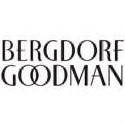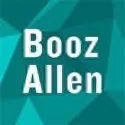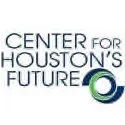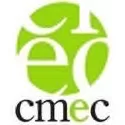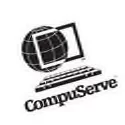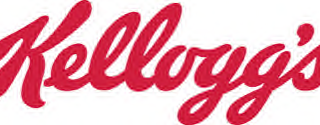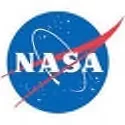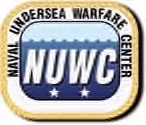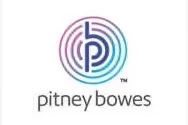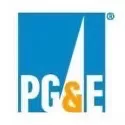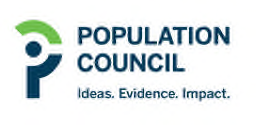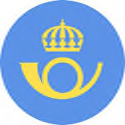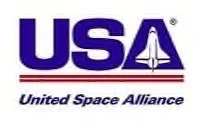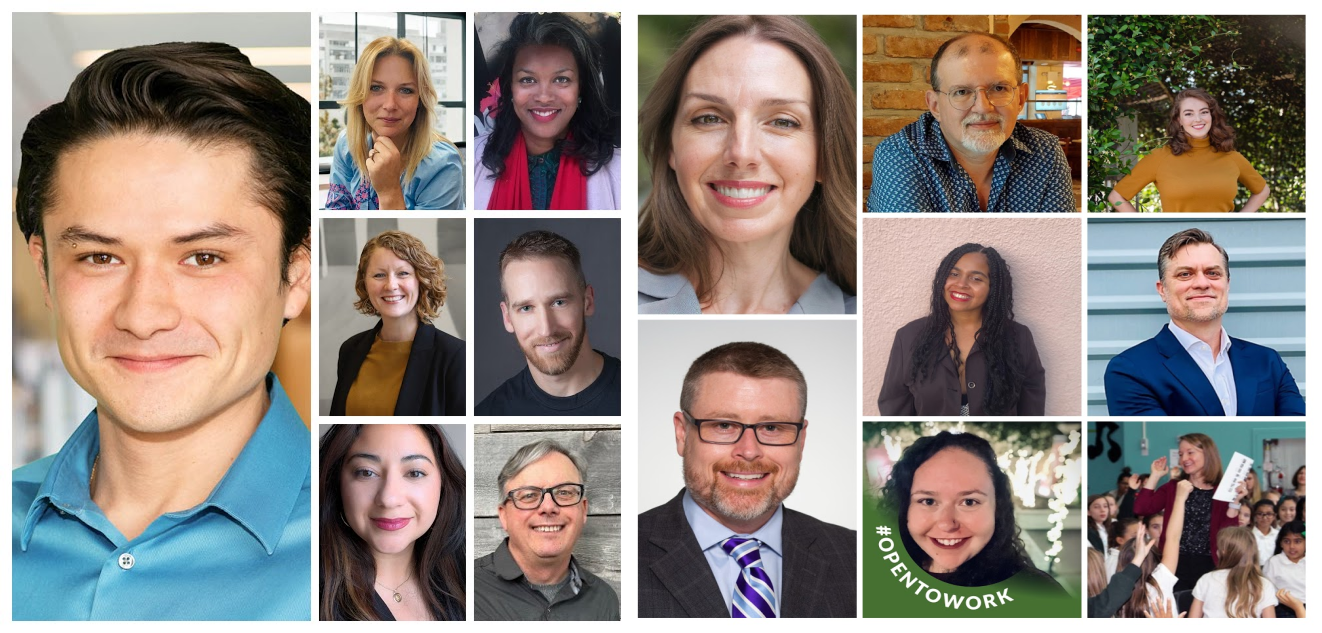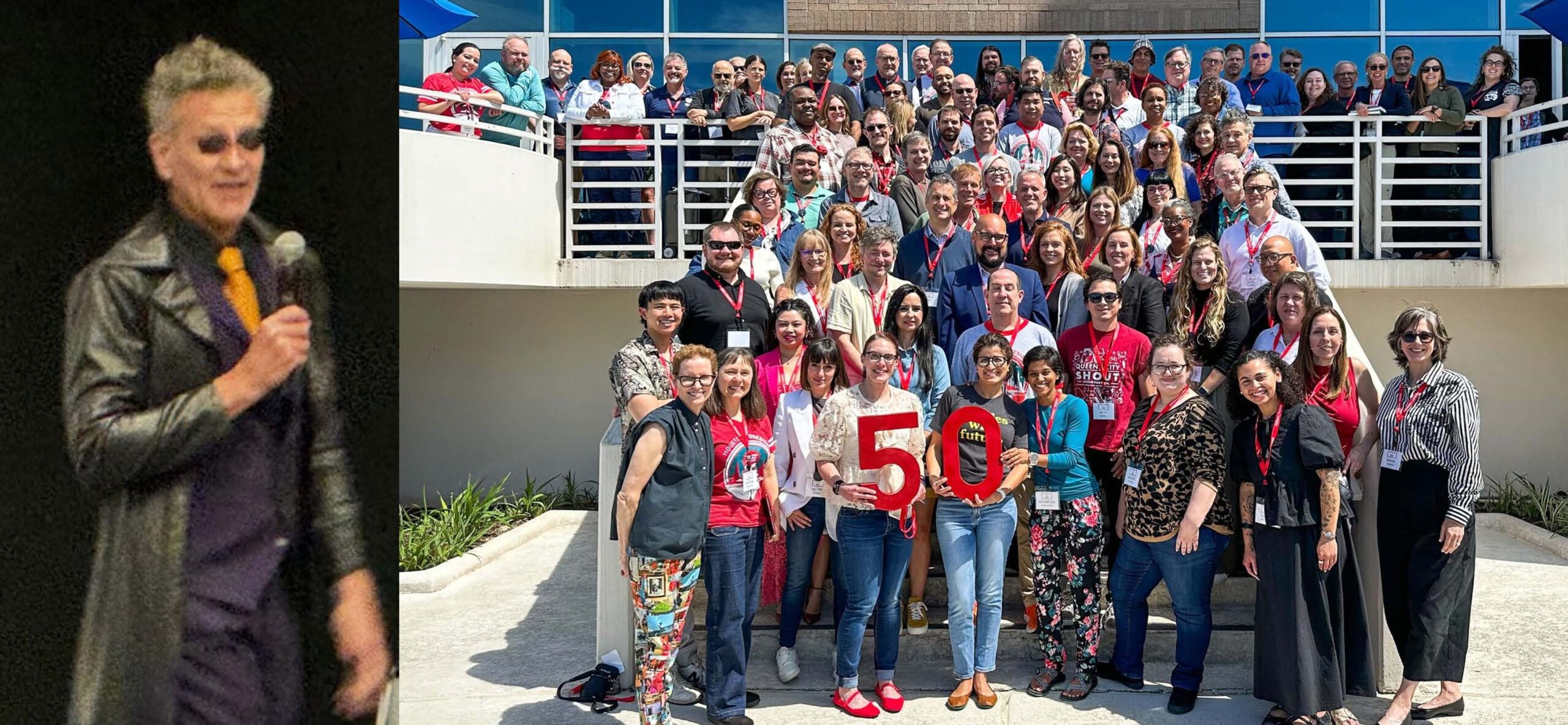Welcome to the University of Houston Foresight Program, the world's longest running foresight program.
WHAT IS FORESIGHT?
Foresight is the study of change that uses a systematic methodology to explore the future in order to make better decisions today by helping us move us toward the futures we want and avoid those we don’t, and to ultimately build confidence in the future by building our capacity to avoid surprise! — Andy Hines
Exploring the future to anticipate and prepare for change
Futurists explore the future, just as historians study the past. Whereas history is concerned with origins, roots, and where we have been, foresight is about goals, purposes, and where we are going–and how we get there. A futurist helps clients expand their typically narrower focus on the future to a broader range of possibilities. They forecast the future, not just to know the future as an abstract description, but rather to prepare for it as a concrete reality. The objective is not just to know what will happen, but to be ready for whatever does happen. The purpose is not necessarily to be exactly right (which is impossible), but rather not to be wrong–that is, not to be surprised. Surprise means inadequate preparation, late response, higher risk of failure, even chaos or panic. Thus, preparing for the full range of plausible futures is the objective of foresight.
Because foresight is multidisciplinary, some futurists seek to build special domain expertise — that is, they may become experts in the future of a topic such as energy, law, education, etc. Others prefer to be generalists, ranging across a variety of topics. They become skilled in getting up-to-speed quickly in a particular topic area, and then apply foresight tools and techniques to study its future. Along these lines, some futurists tend to specialize in a particular method or methods, while others have a wide variety of tools they like to draw from.
Functions
Approaches
While researching for an interdisciplinary academic program, I found the Graduate Foresight Program in the College of Technology at the University of Houston. That was it, my next journey was sealed… after military service, real estate, and entrepreneurial endeavors, I feel like I found my next adventure!
-L. M. Young
I signed up for the 5-day Certificate bootcamp in May, 2016. This was a secret world I knew nothing about! Once you get into the course materials, you cannot help but to think in new and interesting ways. This will definitely help me in leadership activities.
-Tim Murphy, IT Professional, UH Master’s graduate
I was first introduced to the concept of foresight while working at Campbell Soup Company and was looking for a program where I could become an expert and develop the skill-sets required to help others see the value of the field…This program opened up so many possibilities for me and without this experience, I know I would not be where I am now as a foresight consultant.
Hannah K.
“I had been contemplating going back to graduate school for about 8 years, but couldn’t decide between business, computer science, or fine arts. Finding this program felt like coming home after a long long trip away. It is exactly what I had been searching for. It helps me immensely in my job working with startup and growth stage companies and has opened up multiple consulting opportunities that I previously wouldn’t have felt qualified for.”
– Tom Rau, UH Foresight Master’s student
I recently received my master’s degree in Foresight and the opportunities that have opened up for me solidified, in my mind, how worthwhile the investment in this program is to my future.
Faculty always made time for students outside of class hours but it was the personal interactions and encouragement of the faculty that makes this program so unique.
– Dr. Karen Rosenthal
OUR WORK
We believe that hands-on learning is best. The curriculum is project-based and 2nd year students will typically have opportunities to work on real paid client projects or work as futurists on client internships, We put a strong emphasis on student’s being able to produce client-ready work. Assignments are routinely crafted with “clients” in mind. We have some amazing client partners (below).
Recent Blog Entries
Ten Books for Prospective Futurists, Updated
It’s time to update my list of ten books that a prospective futurist should read. The principle is the individual is [...]
UH Foresight Grads 2024-2025 Academic Year
An amazing class of 18 grads crossed the threshold into the “real world” this academic year at Houston Foresight. It’s one [...]
Upcoming Events
Houston Foresight Turns 50
"We are still here," cried special guest Morpheus at the [...]


